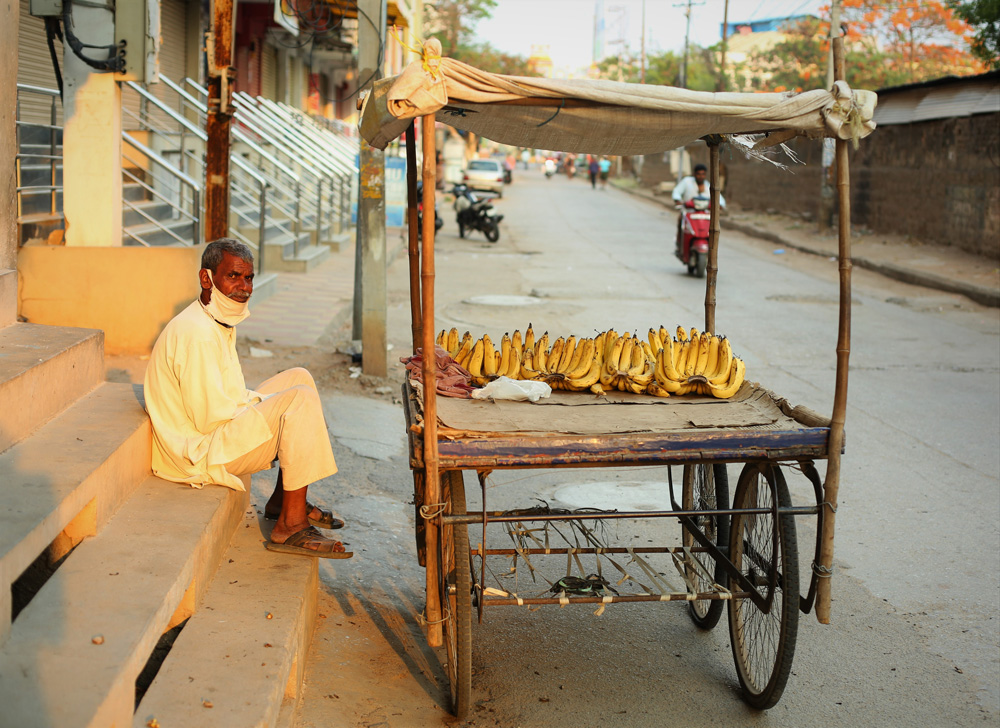The COVID-19 pandemic is already having an effect on food and nutrition security all over the world. In our April newsletter, we asked our members how COVID-19 is affecting their life and work. What information is missing? And what activities could help our members in these turbulent times?
The aim was to understand how we can support our members and their organizations in building resilience and tackling this crisis.
On the first survey question: “How is COVID-19 impacting your work, life and food security?” 45% of respondents mentioned that the pandemic response has limited their ability to generate their normal level of income because of interruptions in work. An additional 30% also brought up that disruptions in food production and subsequent rise in food prices, which will indirectly have an impact on their monthly costs and everyday life.
Our members also expressed general concern about smallholders who are experiencing restricted access to markets and farming inputs and can’t be reached by extension services due to lock downs and value-chain interruptions. This state of affairs could further complicate and decrease food production over time, driving food prices up.
Regarding the immediate needs in developing regions, those mentioned were dominated by the lack of protection materials and the access to safe sanitation services. Many also mentioned that they need food, seeds and land. The vast majority, however, said that the most urgent need reliable and accurate information and education. There is an alarming need for education on safety procedures, hand washing, crisis management for farmers as well as general updates about testing procedures and the current trends of disease spread. Importantly, respondents mentioned that they do not know how tests are carried out and if they hurt, which make people hesitant to partake in testing.
Many respondents mentioned that they expect their governments to improve the quality of life of patients and their families facing the problem associated with a life-threatening illness. Many are also requesting subsidies, financial aid and, in some cases, that important stores are open, for example, to sell farming inputs and ensure food productivity.
We received a number of responses from all around the globe, from 10 different countries, and representing a wide variety of organizations. A majority of the respondents to the survey were from low- and medium-income countries and only about 10% were from Sweden. Nigerians represented the largest share of respondents, namely 30% followed by Ghana, Sweden, Tanzania and Kenya with about 10% each. We acknowledge that while the quality of the data we collected is high and representative of our network, the sample is too small to draw any conclusions about the different country responses.
The final part of the survey aimed to identify areas in need of continued attention that are overlooked because of the COVID-19 crisis. The respondents identified a diverse set of key areas that require continued focus and action, potentially even more so because of the global pandemic. These areas include food security, financial aid, as well as climate change and the urgent need for building a resilient socio-ecological society.
Thank you all for taking the time to respond to our survey and for sharing your candid insights! In the upcoming months, we will be working on content that could help you navigate this crisis.
